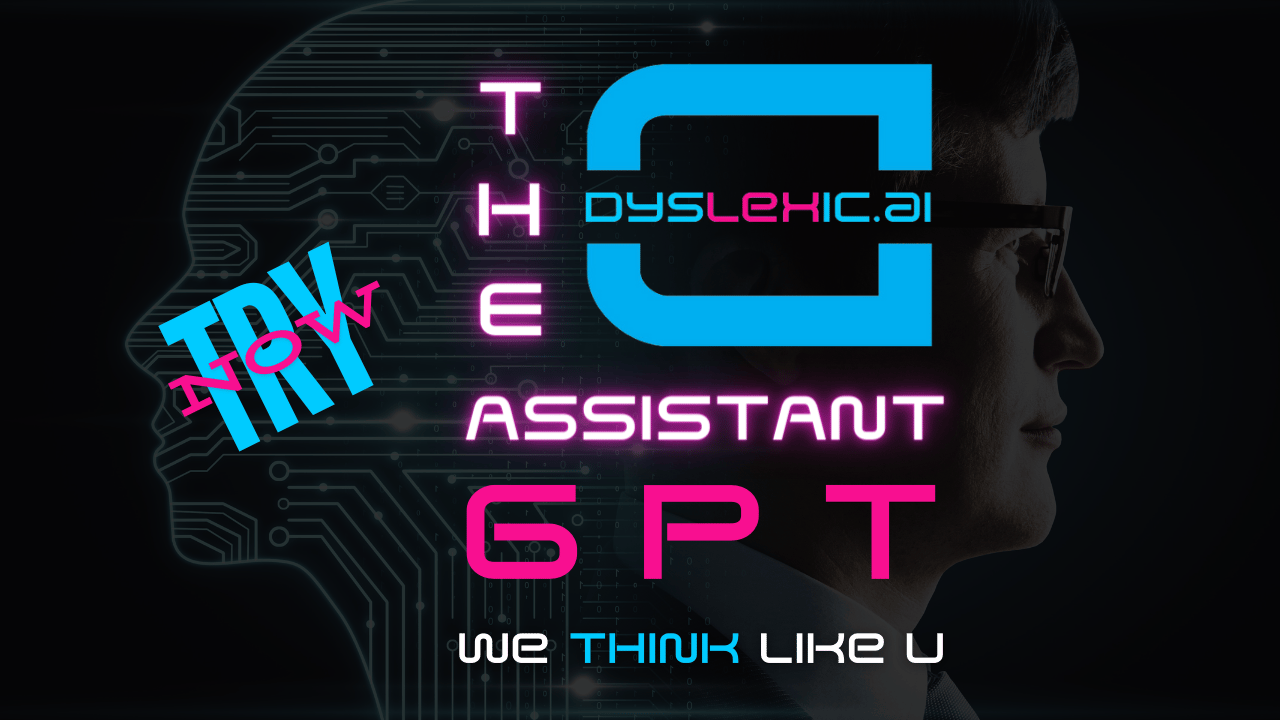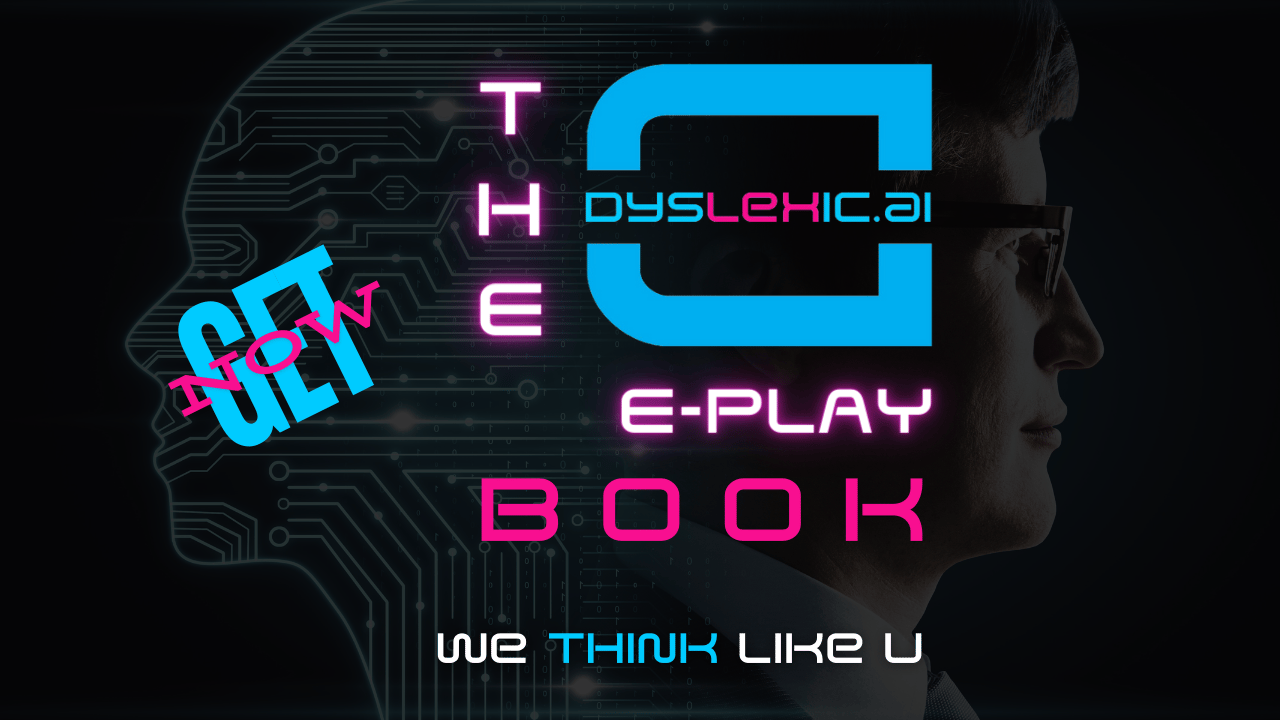- DYSLEXIC AI
- Posts
- Newsletter 267: Unlocking New Ways to Create with Voice Technology
Newsletter 267: Unlocking New Ways to Create with Voice Technology
🧠 How OpenAI's Voice Mode Empowers Neurodivergent Thinkers and Boosts Productivity
FREE AI & ChatGPT Masterclass to automate 50% of your workflow
More than 300 Million people use AI across the globe, but just the top 1% know the right ones for the right use-cases.
Join this free masterclass on AI tools that will teach you the 25 most useful AI tools on the internet – that too for $0 (they have 100 free seats only!)
This masterclass will teach you how to:
Build business strategies & solve problems like a pro
Write content for emails, socials & more in minutes
Build AI assistants & custom bots in minutes
Research 10x faster, do more in less time & make your life easier
You’ll wish you knew about this FREE AI masterclass sooner 😉

Hello, fellow lateral thinkers!
This week, I'm thrilled to explore a groundbreaking feature from OpenAI that's set to revolutionize the way we work, create, and express our ideas—especially for neurodivergent thinkers like us.
Voice-to-text technology has long been a valuable tool for those who think differently, but OpenAI's new Voice Mode takes it to an entirely new level.
It's not just about converting speech to text; it's about having natural, seamless conversations with AI using just your voice.
Imagine being able to pause mid-sentence, pick up where you left off, and even interact with the AI while your phone is locked—all without lifting a finger.
Voice Mode transforms AI interaction into a hands-free, intuitive experience that feels more like chatting with a helpful assistant than using a tool.
Why This Feature Matters
Enhanced Accessibility
Voice Mode isn't just a convenience; it's a life changer for accessibility.
For those who find typing challenging—whether due to dyslexia, other neurodivergent traits, or physical constraints—this feature opens up new avenues for communication and creativity.
It allows us to articulate our ideas freely without the barrier of typing or worrying about spelling and grammar.
Natural Conversations
What sets OpenAI's Voice Mode apart is its ability to understand the nuances of natural speech.
It adapts to our verbal cues, slang, and even the occasional pause or stumble.
This makes brainstorming sessions, idea generation, and everyday conversations with AI more fluid and engaging.
It's like having a thoughtful collaborator who listens and responds intelligently.
For more technical details, check out the Voice Mode FAQ.
How I'm Using It
I've been experimenting with Voice Mode, and it's been nothing short of transformative. Here are some ways it's enhanced my workflow:
1. Writing and Editing: Dictating this newsletter has become a breeze. I can focus on the flow of ideas without getting bogged down by typing.
2. Capturing Ideas on the Go: Inspiration can strike anywhere. Whether I'm out for a walk or doing chores, I can capture thoughts immediately.
3. Reducing Screen Time: By interacting with AI through voice, I'm less tethered to screens. It's liberating to brainstorm while moving around or even relaxing.
4. Multitasking: Voice Mode allows me to engage with AI while attending to other tasks, making my day more productive and efficient.
A Breakthrough for Neurodivergent Thinkers
For those of us who process information differently, Voice Mode is more than a feature—it's a powerful tool that plays to our strengths. Here's why it's significant:
- Leverages Verbal Strengths: Many neurodivergent individuals excel in verbal communication. Voice Mode taps into this strength, making it easier to articulate complex ideas.
- Reduces Cognitive Load: By eliminating the need to type, we can focus our mental energy on creativity and problem-solving.
- Adapts to Different Thinking Styles: Whether your thoughts are linear or more associative, Voice Mode accommodates various communication styles.
Looking Ahead
Voice technology is reshaping how we interact with AI, making it more inclusive and adaptable.
As these tools continue to evolve, we can anticipate even more features that cater to diverse thinking styles and needs.
I'm excited about the possibilities this unlocks—not just for myself but for our entire community of lateral thinkers.
Tools like Voice Mode are paving the way for a future where technology adapts to us, not the other way around.
Final Thoughts
OpenAI's Voice Mode isn't just an upgrade; it's a new paradigm in communication and creativity.
For neurodivergent thinkers, it's a step toward technology that truly understands and amplifies our unique perspectives.
We've only begun to explore what this means for us. I look forward to discovering more ways we can harness voice technology to innovate, create, and connect.
Stay curious and keep embracing new technologies that enhance how we work and think!
We Think Like You
Matt Ivey & The Dyslexic.AI Team
P.S. I'm considering hosting a workshop on "Leveraging Voice AI for Neurodivergent Productivity." If this sounds interesting to you, let me know!
Join the Conversation
How do you envision using voice technology in your work or daily life? I'd love to hear your thoughts! Feel free to share your experiences or ideas.

The TL;DR for Our Fellow Skimmers:
- OpenAI's Voice Mode offers natural, hands-free conversations with AI, enhancing accessibility.
- It empowers dyslexic and neurodivergent thinkers by leveraging verbal strengths and reducing reliance on typing.
- Benefits include reduced screen time, increased productivity, and workflows that align with diverse thinking styles.
What did you think about today's edition? |
What should the next deep dive be about? |
|
|
|








Reply